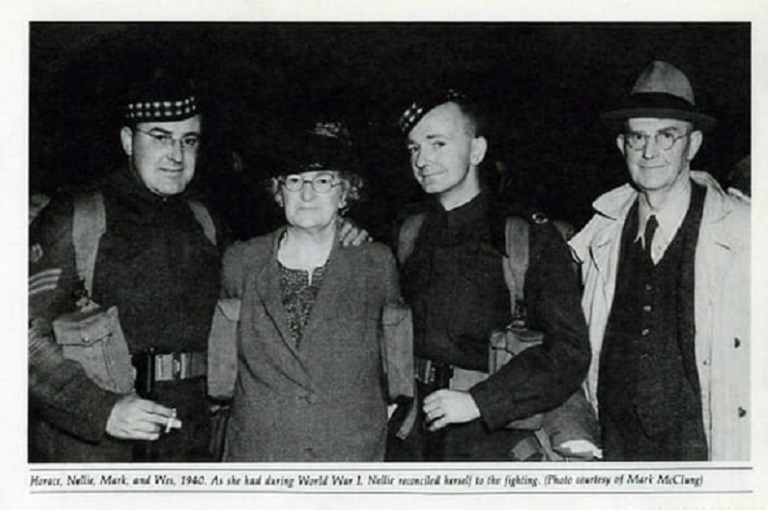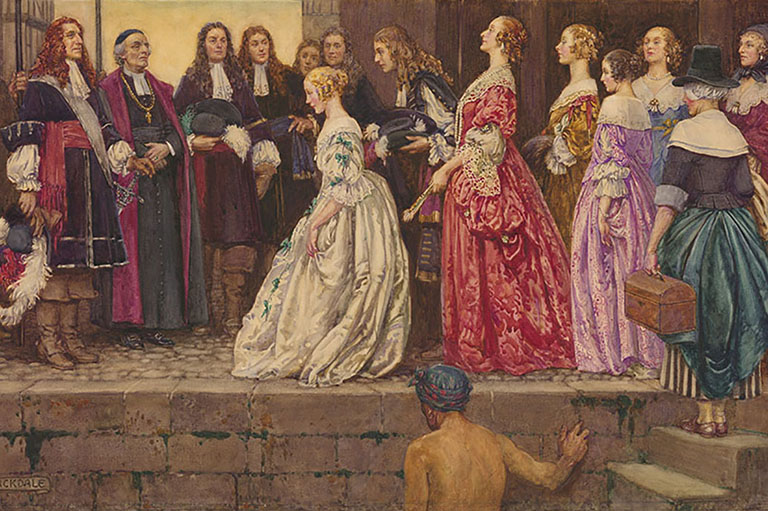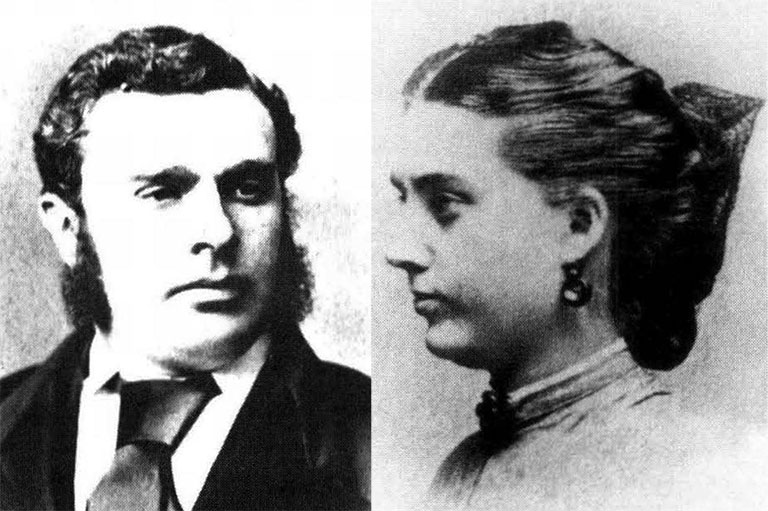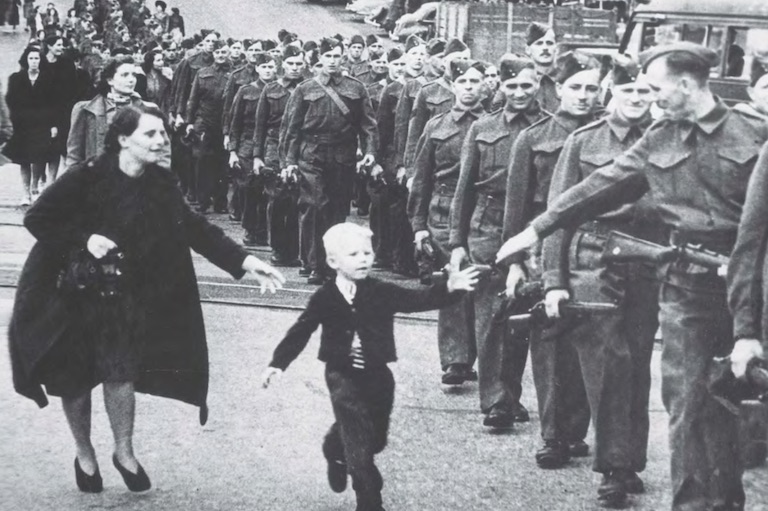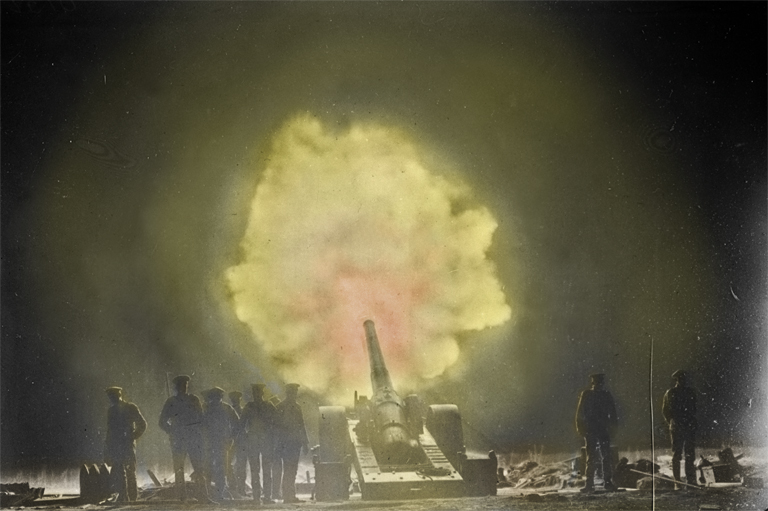Love During the Great War
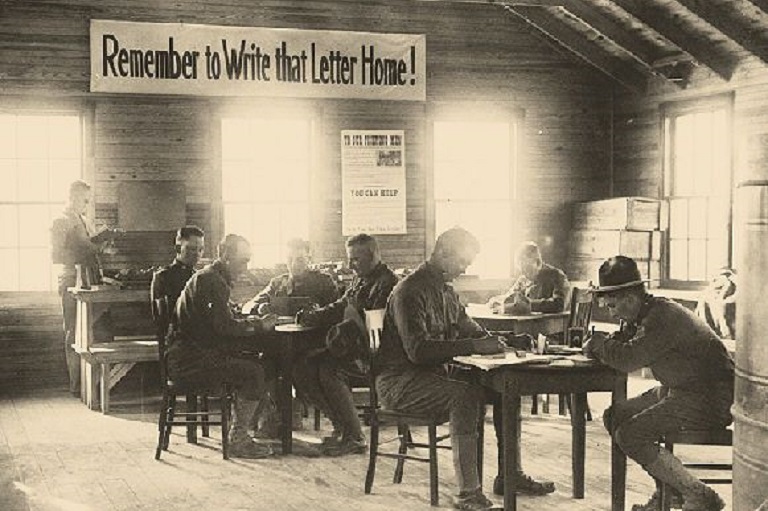
There were twenty-four Valentine’s Day cards addressed to each my fourth grade classmates, sealed with a heart shaped sticker, and paired with a homemade pink chocolate heart in my backpack on the morning of February 14th.
Most of these valentines would be delivered indifferently, as if they were math worksheets because we were taught that everyone should be shown the same form of appreciation. But there was always that one valentine, that before I could even pull the card from my backpack, my heart would start to race and my cheeks would change to a bright red.
This palm-sweeting nervousness and pigment-changing emotions have not left this day. Expressing your feelings under the veil of Valentine’s Day is often melted with high expectations and chased with disappointment.
What convinced me that delivering Valentine’s Day cards was worth even the unsavory feelings was the one valentine that always came as a surprise, but carried genuine sentiments of love and appreciation. This Valentine’s Day note, tucked under the grapes and granola bar in my lunchbox, was always signed “Love Mom and Dad, xoxo.”
The love between child and parent and between siblings is always present, but often goes unheard. While Valentine’s Day dictates that love should be acknowledged, the veil of war inspires even the unlikeliest to capitalize on moments to express their love and gratitude for one another.
Many of the submissions in Canada’s Great War Album were accompanied by handwritten letters to and from the frontlines. These letters hold the horrors of war, the desires to be anywhere but there, and the honest expressions of love. Here are a few quotations from love letters submitters have shared with us.
Alexander Rutherford wrote this letter to his mother on June 2, 1917 from Ashford, Kent, England.
“Oh, mother of mine I would give the world to be with you now, it is so hard to say anything that would be of a comfort to you in a letter. You surely have paid the penalty of your great love for us and are still paying, but you must be brave now as you have always been in the past. I feel sure that as you have never bowed to the storm before you will not bow to this one. If the love of the children you have left you can avail to lighten your load, you have it as great as any mother ever had.”
Karl Mizener received this poem from his sister Lillie during Christmas, 1917.
“My brother in France”
Karl won’t be home this Christmas,
He’s somewhere overseas,
Part of the valiant millions who fight to make men free
But though we think and wonder about him “Over There”
And send across the waters a bension? Of prayer,
We shall be brave and cherry, for he would have it so,
And in the midst of Yuletide he will be glad to know
That though we miss him always and dream of him the while,
Me, too, can act like soldiers who do their part—and smile.
Karl won’t be home this Christmas,
I shall not set his place.
And though my eyes may hunger to gaze upon his face,
No moisture shall bedim? Them, but rather they shall shine,
With glory in the service of this by brother of mine;
And though he faces danger a thousand leagues away,
Our hearts shall send a message that nothing can delay
A wish of “Merry Christmas” which he will understand
Who fights for right and justice within a distant land.
Who fights for right and justice within a distant land.
Robert Harper wrote many letters to his wife Mabel mostly about the conditions he endured and about his time on leave. In this particular letter from December 1917 he takes the time to say what is most important.
“O, girlie you cannot know how much I miss you now. I wander around from street to street but whatever I see I always wish that you were with me to see it too.“
In the absence of war it is easy to forget how important it is to show how much we love and appreciate the people in our lives. Think of Valentine’s Day not as a day when you succumb to commercialism, but as a reminder that people need to hear that they are appreciated.
Themes associated with this article
Advertisement
You might also like...
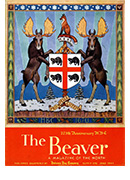
Canada’s History Archive, featuring The Beaver, is now available for your browsing and searching pleasure!
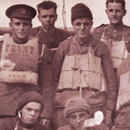
The war that changed Canada forever is reflected here in words and pictures.



